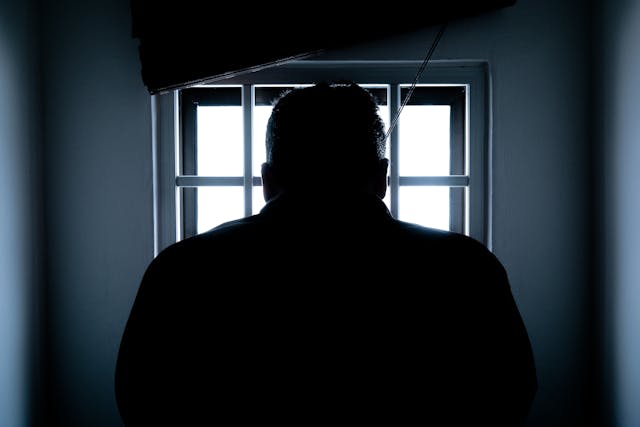Landlords in Hawaii Face Tougher Penalties for Illegal Gambling Operations

Hawaii has signed into effect stringent new penalties for landlords who knowingly allow their properties to be used for illegal gambling activities. This move is part of an effort by state authorities to prevent the rise of underground gambling dens that have been increasing across the state’s islands.
The unregulated illegal gambling industry poses a significant risk to communities, and oftentimes landlords are aware of what their properties are being used for but are seemingly capitalizing off of the gambling activities.
The newly signed Senate Bill 2197, signed by Governor Josh Green, increases the legal responsibilities and liabilities of property owners. The Bill amends the definition of “advance gambling activity” in the Gambling Offences Act 249. The new definition now includes several forms of material that aid gambling activities, like creating games, managing finances, and maintaining gambling equipment.
Under this new Bill, landlords who knowingly allow gambling activities on their premises could face severe consequences and large fines. The aim of the legislation is to place responsibility on property owners to prevent their tenants from acting unlawfully.
Hawaii and Utah are the two states with the strictest gambling laws, outlawing commercial and tribal casinos, sports betting, lotteries, wagering, and iGaming. Fortunately, gambling enthusiasts in Hawaii can avoid illegal gambling dens, which are often unsafe, by accessing online casinos for real money. Many of these online sites are hosted offshore, thereby not breaking any state laws. They also have 27/4 customer service, as well as enhanced security for peace of mind.
The latest crackdown on landlords is a response to growing concerns from policymakers on the negative impacts of gambling on local communities. Steven Alm, a prosecuting attorney in Honolulu, directed a letter to the State Legislature in March where he emphasized that illegal gambling operations result in violence, use of drugs, and sex trafficking.
According to Alm, the previous law prevented prosecutors from charging a landlord with a gambling offense if they verbally reprimanded their tenant to stop gambling. According to the law, landlords could only be prosecuted if they made “no effort to prevent” gambling. Amending the law will close this loophole, and landlords will have to take on more responsibility.
According to studies, the social impact of illegal gambling can result in higher crime rates, bankruptcy, higher divorce rates, and loss of productivity. It can also result in increased drug trafficking and violence as these often accompany unregulated gambling houses.
Targeting landlords is a critical step to stopping and preventing these illegal operations.
Many illegal gambling houses are situated within residential neighborhoods, which causes problems for local residents. Apart from an increase in crime rates, it can also devalue properties.
The new penalties are specifically designed to deter landlords who might be willing to turn a blind eye to gambling at their properties, as this is often done in exchange for higher rents from the operators, or a cut of the winnings. By holding landlords accountable, policymakers aim to cut off the supply of venues for gambling dens.
Law enforcement officials are praising the new legislation, highlighting the Bill’s potential to disrupt the uncontrolled operations of crime groups that run these gambling rings. These groups often use rented properties as their bases, making it harder for law enforcement to find and shut down such operations.
The Office of the Public Defender opposed Senate Bill 2197, stating that it would be penalizing stakeholders who are not aware of the activities happening on their properties. A couple where a husband runs an illegal operation without his wife’s knowledge was used as an example. Under the new law, both the husband and unknowing wife may face prosecution, which can include a loss of voting rights, civil asset forfeiture, and repercussions for immigration.
“The new definition… allows prosecutors to go after her as well as her husband and the deleterious consequences that come with a criminal prosecution… would fall on the wife,” the opposition stated.
The office continued to argue that the new bill will not curb illegal gambling, and will unfairly target the wrong individuals.
As the new legislation takes effect, landlords in Hawaii are encouraged to perform background checks on all tenants and to remain vigilant for illicit activities.
The signing of SB2197 occurred along with the signing of 16 other bills, all aimed at enhancing crime prevention, improving law enforcement, and ensuring public safety. Other bills included regulating ammunition access for those under 21, enhancing diversity in law enforcement, and bills relating to computer crime and penal liability for intoxication.
How effective the measures of SB2197 are will only be seen with time, however, officials are mostly optimistic that it should lead to a decline in illegal gambling operations, as well as improvements in public safety. Preventing and combating illegal activities requires a collective effort from law enforcement and citizens, and in the case of the latest amendments, landlords will play a crucial role.
